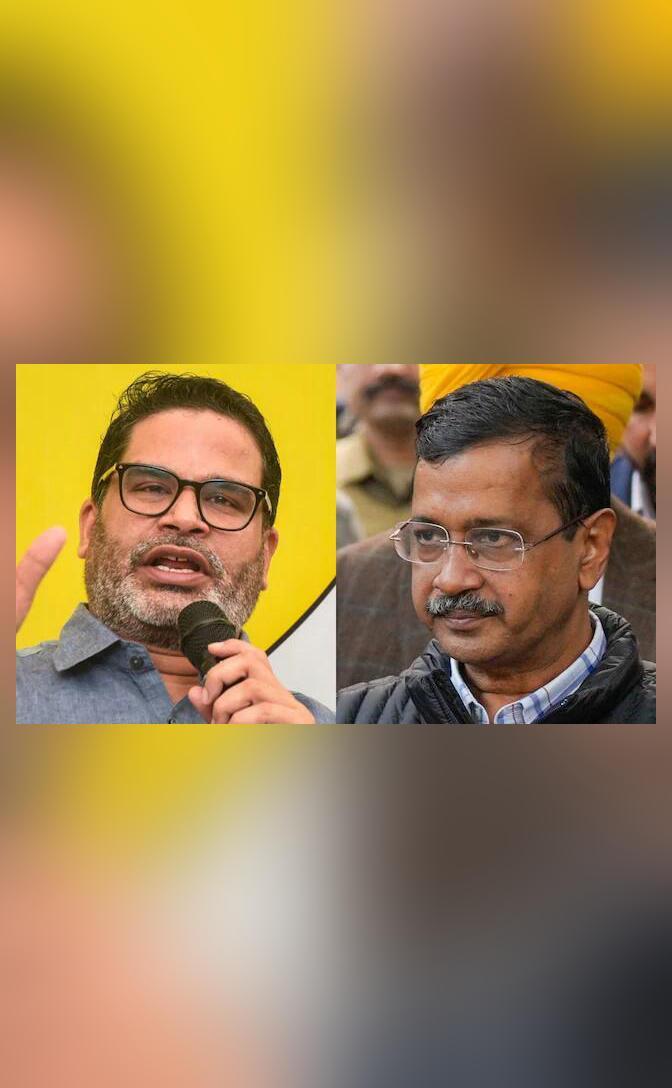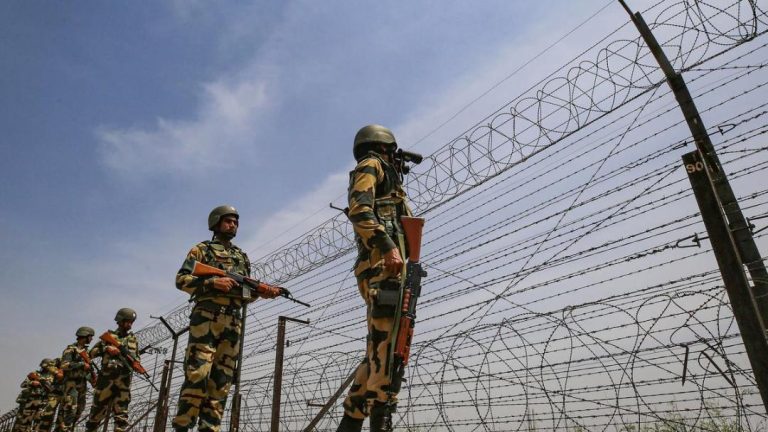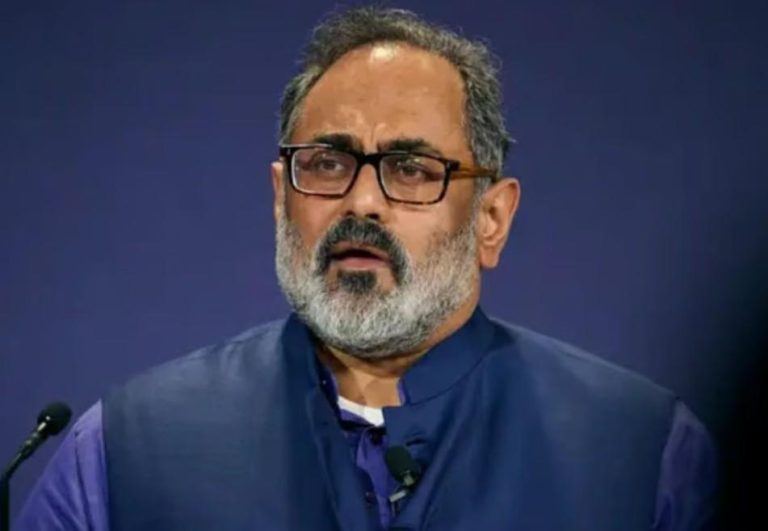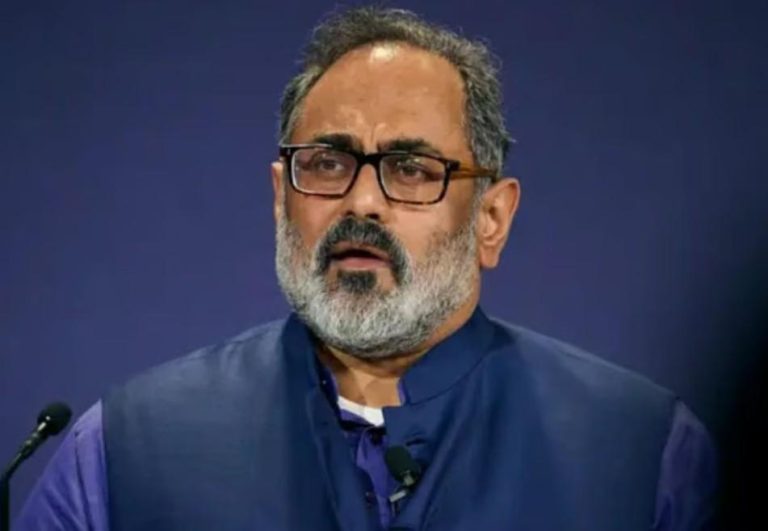
Prashant Kishor Lists Reasons Why Kejriwal & AAP Lost in Delhi Elections
The recent Delhi Assembly elections saw Arvind Kejriwal’s Aam Aadmi Party (AAP) suffer a significant defeat, losing power to the Bharatiya Janata Party (BJP). The defeat has sparked intense scrutiny and debate, with many analyzing what went wrong for the AAP. One person who has weighed in on the matter is Prashant Kishor, a seasoned politician and former political strategist. In an interview with News18, Kishor shared his views on the reasons behind AAP’s loss, and his insights are worth considering.
Resignation after Bail was a Strategic Mistake
According to Kishor, one of the primary reasons for AAP’s defeat was Arvind Kejriwal’s decision to resign as the Chief Minister of Delhi after he was granted bail in the liquor policy case. Kishor believes that this was a strategic mistake, saying that Kejriwal should have resigned after his arrest, not after his bail. “Resigning after bail was a big strategic mistake,” Kishor stated. “It gave the impression that he was trying to save his skin and not take responsibility for his actions.”
Kishor’s point is that by resigning after bail, Kejriwal was able to avoid taking responsibility for his actions and maintain his image as a victim of political persecution. However, this move may have backfired, as it may have appeared to voters that Kejriwal was trying to save his own skin rather than taking responsibility for his mistakes. This could have damaged Kejriwal’s credibility and trust with the public, ultimately hurting the AAP’s chances in the election.
10-Year Anti-Incumbency Factor
Another factor that contributed to AAP’s defeat was the 10-year anti-incumbency factor, according to Kishor. “In Delhi, the anti-incumbency factor has been building up over the years,” he explained. “People were looking for a change and were willing to give the BJP a chance.” This sentiment was further fueled by the AAP’s perceived corruption and inefficiency, which had been building up over the years.
The 10-year anti-incumbency factor is a significant one, as it suggests that voters were looking for a change from the AAP’s governance. This could be attributed to a variety of factors, including corruption, inefficiency, and a lack of accountability. By the time of the election, the AAP’s reputation had been tarnished, and voters were willing to give the BJP a chance.
Fluctuating Stance on INDI Alliance
Kishor also pointed out that Arvind Kejriwal’s fluctuating stance on the INDI Alliance, a coalition of regional parties, hurt his credibility. “Kejriwal’s stance on the INDI Alliance was unclear and confusing,” Kishor stated. “He would say he was joining the alliance, then he would say he was not. This sent mixed signals to voters and hurt his credibility.”
The INDI Alliance was seen as a potential game-changer in the Delhi elections, with many expecting it to split the anti-BJP vote. However, Kejriwal’s fluctuating stance on the alliance may have confused voters and damaged the AAP’s chances. By the time of the election, voters were unsure of what to expect from the AAP, and this uncertainty may have contributed to the party’s defeat.
Conclusion
In conclusion, Prashant Kishor’s insights on the reasons behind AAP’s defeat in the Delhi elections are worth considering. His points on Kejriwal’s resignation after bail, the 10-year anti-incumbency factor, and the fluctuating stance on the INDI Alliance all highlight the mistakes that the AAP made in the election. By analyzing these mistakes, the AAP can learn from its errors and improve its performance in future elections.
Source:




